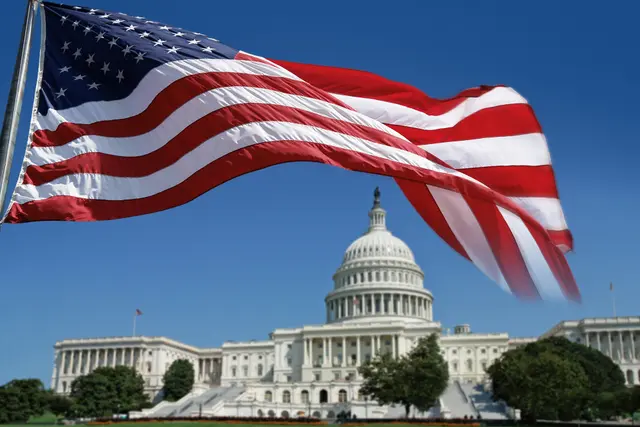The U.S. Department of Homeland Security (DHS) announced the addition of 37 companies based in the People’s Republic of China (PRC) to the Uyghur Forced Labor Prevention Act (UFLPA) Entity List because of alleged use of forced labor. Of these, 26 operate in the cotton sector.
According to DHS, Huafu Fashion Co., Ltd. and 25 of its subsidiaries were identified as entities involved in cotton production linked to the Xinjiang Uyghur Autonomous Region (XUAR). Huafu operates a vertically integrated supply chain, ranging from cotton cultivation to textile manufacturing. Twenty-two of its subsidiaries are located in the XUAR, with the remaining three in Zhejiang Province.
With a vertically integrated supply chain spanning cotton cultivation, processing, and textile production, these entities present significant compliance risks for apparel companies sourcing from the PRC.
Businesses linked to these entities may face shipment detentions under UFLPA enforcement.
Breaking Down UFLPA Enforcement: Apparel and Textiles in Focus
In December 2024, U.S. Customs and Border Protection (CBP) processed more than 2.8 million entry summaries with a combined value exceeding $290 billion.
During the same period, CBP targeted 1,404 entries, valued at over $18.7 million, for suspected links to forced labor in supply chains. These efforts encompass goods subject to both UFLPA and Withhold Release Orders (WROs).
The apparel, footwear, and textiles sector UFLPA enforcement statistics:
- Total shipments: 1,996 (up from 1,963 in December 2024)
- Shipments denied: 1,274 (63.8%)
- Shipments released: 649 (32.5%)
- Shipments pending: 73
- Total shipment value: $90.42 million
With nearly 2,000 shipments detained, the apparel and textile sector remains a critical target of CBP's enforcement efforts. For the apparel and textile industry—known for its complex, global supply chains—this means increased compliance requirements and potential shipment detentions. Importers face significant risks, including delays, penalties, and reputational damage if they cannot demonstrate that their products are free of forced labor. As UFLPA enforcement intensifies, apparel and textile importers are encouraged to partner with compliance experts to navigate these complex regulations effectively.




/Passle/6759c8e90870a6db06cc00e2/SearchServiceImages/2025-12-11-18-44-42-071-693b111a641ff44fb22b0f25.jpg)
/Passle/6759c8e90870a6db06cc00e2/SearchServiceImages/2025-10-27-19-12-36-841-68ffc424d509f987f3eeb2a5.jpg)
/Passle/6759c8e90870a6db06cc00e2/SearchServiceImages/2025-10-27-19-16-57-184-68ffc529d509f987f3eeb6c9.jpg)
/Passle/6759c8e90870a6db06cc00e2/SearchServiceImages/2025-10-27-19-04-03-795-68ffc223186d67c4aefc2c32.jpg)